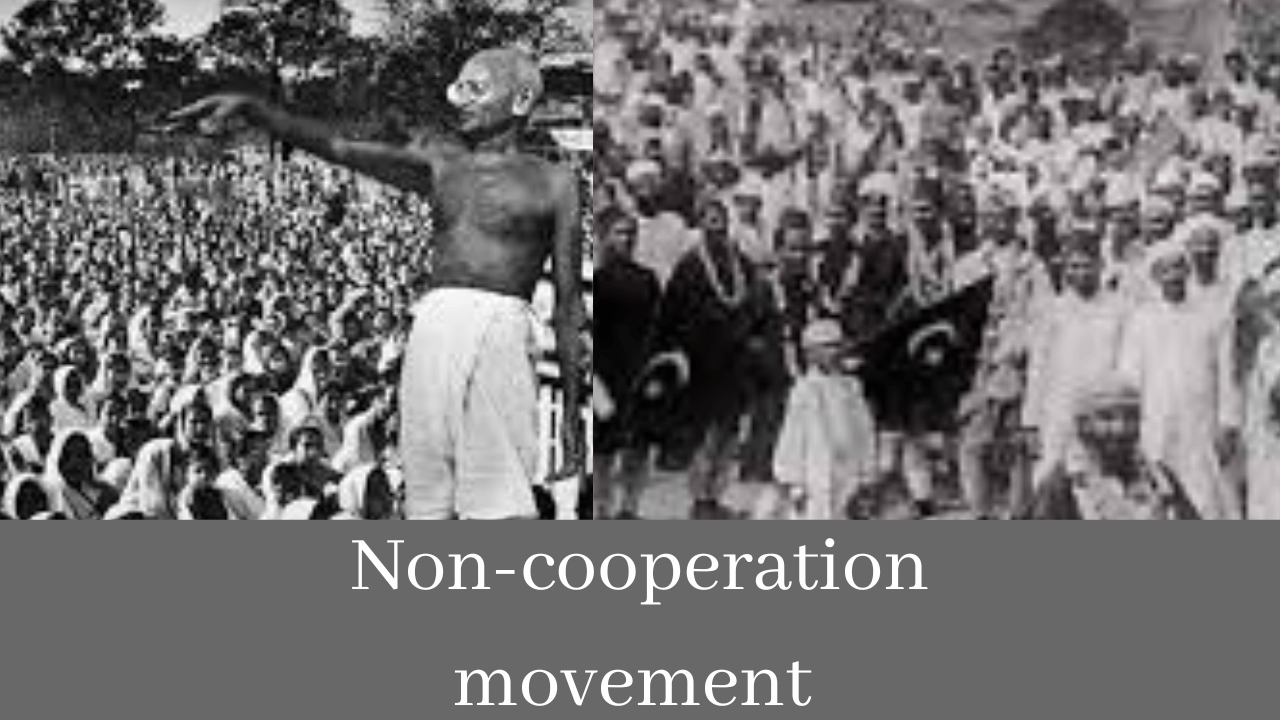The British Indian Empire’s constitution might need to alter, according to the 1928 Nehru Report a committee of leaders of the Indian National Congress, led by Jawaharlal Nehru, wrote the report. A crucial turning point in the fight for Indian independence was the Nehru report. It demanded the formation of a powerful, centralized government with equal rights for all of the Empire’s people, including Muslims and Hindus. The elimination of untouchability and the extension of full political rights to women were also recommended.
On sub-continental politics, the Nehru Report had a significant effect. It prepared the ground for the creation of two separate countries, the Republic of India and the People’s Republic of Pakistan, in 1947 and served to bring together the various independence movement groups.
What Was the Nehru Report?
A solution to the conflict between Muslims and Hindus on the Indian subcontinent was put forward in the Nehru report. Jawaharlal Nehru, who would eventually serve as India’s first Prime Minister, was the report’s primary author. According to the research, the subcontinent should be split into two nations: one for Muslims and one for Hindus. The plan generated a lot of debate before being rejected. It is still significant because it demonstrates the challenges Indian authorities were dealing with at the time and the varied answers being put forth.
What Were the Main Objectives of this Report?
A key turning point in the Indian independence struggle was the Nehru Report. It was given to the British administration in 1928 after being drafted by a group of distinguished Indian leaders. The main objectives of the Nehru Report were to create a secular and democratic state in India as well as to defend and advance the interests of Indian Muslims. In the findings of the report, the British government was asked to grant Muslims the same rights as Hindus and call for an end to discrimination against Muslims. Additionally, it promoted the creation of a federal system in which the federal government and the provinces would share authority. The Nehru Report was an important step in the development of Indian democracy.
How Did the Nehru Report Attempt to Tackle Communal Politics?
The Nehru Report described the future of the Indian subcontinent. It demanded the establishment of a secular state with respect for all religions. Muslims were to have their autonomous region within the Indian country. Untouchability was also to be abolished, according to the Nehru Report.
What Was the Immediate and Long-Term Impact of the Nehru Report?
The populace reacted to the Nehru Report with quick excitement and protests. It was a glimmer of optimism that India’s political situation may improve, but the British parliament rejected it. The Nehru Report was essential in the long run because it brought together various political figures and sparked the first national campaign for India’s independence. Other Indian nationalists were prompted to speak up and provide their ideas on how to achieve Indian independence as a result of the Nehru Report.BalGangadharTilak and Bipin Chandra Pal were two among them who produced their reports, dubbed the “Extremist” and “Lokmanya” Reports, respectively. The idea of self-rule spread even more with these reports, however, these too were ignored by the British Empire. The Nehru report proved to be a major milestone in India’s history as it paved the way for Indian independence through peaceful civil disobedience movements such as Satyagraha, which were spearheaded by Mahatma Gandhi. Eventually, nationwide protests led to India becoming a sovereign nation in 1947.
How Is the Nehru Report Remembered Today?
The Nehru Report is regarded as a pivotal moment in India’s fight for independence today. It gave Indian nationalists a platform to voice their political ambitions and paved the way for later political movements like Gandhi’s non-cooperation movement. The Government of India Act of 1935, which put some of the Nehru Report’s recommendations into reality and created provincial autonomy across India, was preceded by the Nehru Report. It also helped pave the road for eventual constitutional revisions by igniting discussions about minorities’ rights and defending religious freedom.
It also serves as a poignant reminder of the effectiveness of nonviolent civil disobedience in bringing about change. Indians were able to organize and voice their demands in large numbers at this time, which resulted in historic reforms that are being felt today.
Conclusion
The Nehru Report, often referred to as the report of the subcommittee on the proclamation of India’s independence, was a book that offered a suggested framework for the country’s constitution. Jawaharlal Nehru and other Indian National Congress members wrote it. The Nehru Report had several significant implications and was a crucial step toward Indian independence. Its contribution to defining the relationship between the federal government and the states was one of its most significant consequences. It also contributed to the establishment of the Indian government’s structure following independence.




